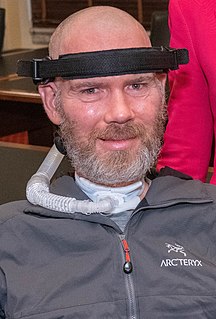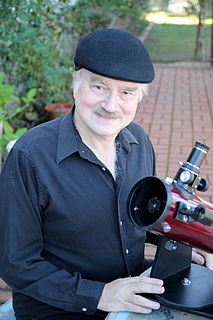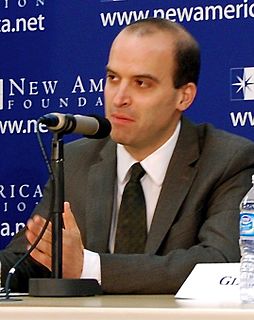A Quote by Zygmunt Bauman
There are other ways of finding satisfaction, recipes for human happiness, enjoyment, dignified and meaningful, gratifying life, than increased consumption that increases production.
Related Quotes
We've wanted to produce more in the 19th century and the 20th century in order to give man the possibility for more dignified human life; but actually what has happened is that production and consumption have become means - have ceased to be means and have become ends, and we are production crazy and consumption crazy.
I shall argue that it is the capital stock from which we derive satisfaction, not from the additions to it (production) or the subtractions from it (consumption): that consumption, far from being a desideratum, is a deplorable property of the capital stock which necessitates the equally deplorable activity of production: and that the objective of economic policy should not be to maximize consumption or production, but rather to minimize it, i.e. to enable us to maintain our capital stock with as little consumption or production as possible.
The effect of the post-Enlightenment project for human society is that all human activity is absorbed into labor. It becomes an unending cycle of production for the sake of consumption. The modern concept of "built-in obsolescence" makes this clear. The cycle of production and consumption has to be kept going, and the work of the artist or craftsman who aims to create something enduring becomes marginal to the economic order.
The problem isn't materialism as such. Rather it is the underlying assumption that full satisfaction can arise from gratifying the senses alone. Unlike animals whose quest for happiness is restricted to survival and to the immediate gratification of sensory desires, we human beings have the capacity to experience happiness at a deeper level which, when achieved, can overwhelm unhappy experiences.
Envy and resentment are terribly corrosive passions. To suffer at the sight or even the thought of others' enjoyment of life makes one a committed enemy of human happiness. Such people end up being practically a curse upon the human race. They vandalize life, exerting themselves not in the pursuit of gain or pleasure, but to hinder others' enjoyment.
Finding happiness is like finding yourself. You don't find happiness, you make happiness. You choose happiness. Self-actualization is a process of discovering who you are, who you want to be and paving the way to happiness by doing what brings you the most meaning and contentment to your life over the long run.




































